As I’m sure you are all well aware, Joey and I love a good scuba diving adventure as much as the next person. Together we visited countless places and submerged ourselves into a plethora of surreal aquatic environments.
If there is one thing I’ve learned over the years as a scuba diver – it’s that you can never have enough time underwater. Given the current state of the world, travel is somewhat more restricted and people are beginning to explore what’s in their own backyards.
Local scuba diving can be a very different experience than the usual holiday diving adventure, but it is one well worth exploring. For many, there might be little difference in local diving versus vacation diving. Others might need to take a giant step outside their comfort zone. For a couple of Canadian divers like Joey and I, it means donning layers of gear and sinking into a cold water world that feels a million miles away from the equator.
Aside from the obvious global health concerns circulating throughout the world, there are countless benefits to local diving. From sharpening your skills to extending your dive season here are some of the advantages to indulging in local scuba diving:
It’s easy to be a good diver in warm water with limited gear and great visibility.
Holiday divers are divers who submerge themselves a handful of times per year while vacationing down south. And while it’s fantastic that divers are taking the time to experience the joys of the underwater world, many holiday divers are out of practice and don’t challenge themselves to learn their sport under different conditions.
Practicing and getting used to scuba diving in a different set cold, low visibility conditions allow a diver to challenge their abilities, develop new skills and become a well-rounded diver. By learning to dive locally, divers are able to engage in frequent diving, meaning that they’ll be underwater more often, ultimately refining their skills and avoiding the intermittent dive trip rust.
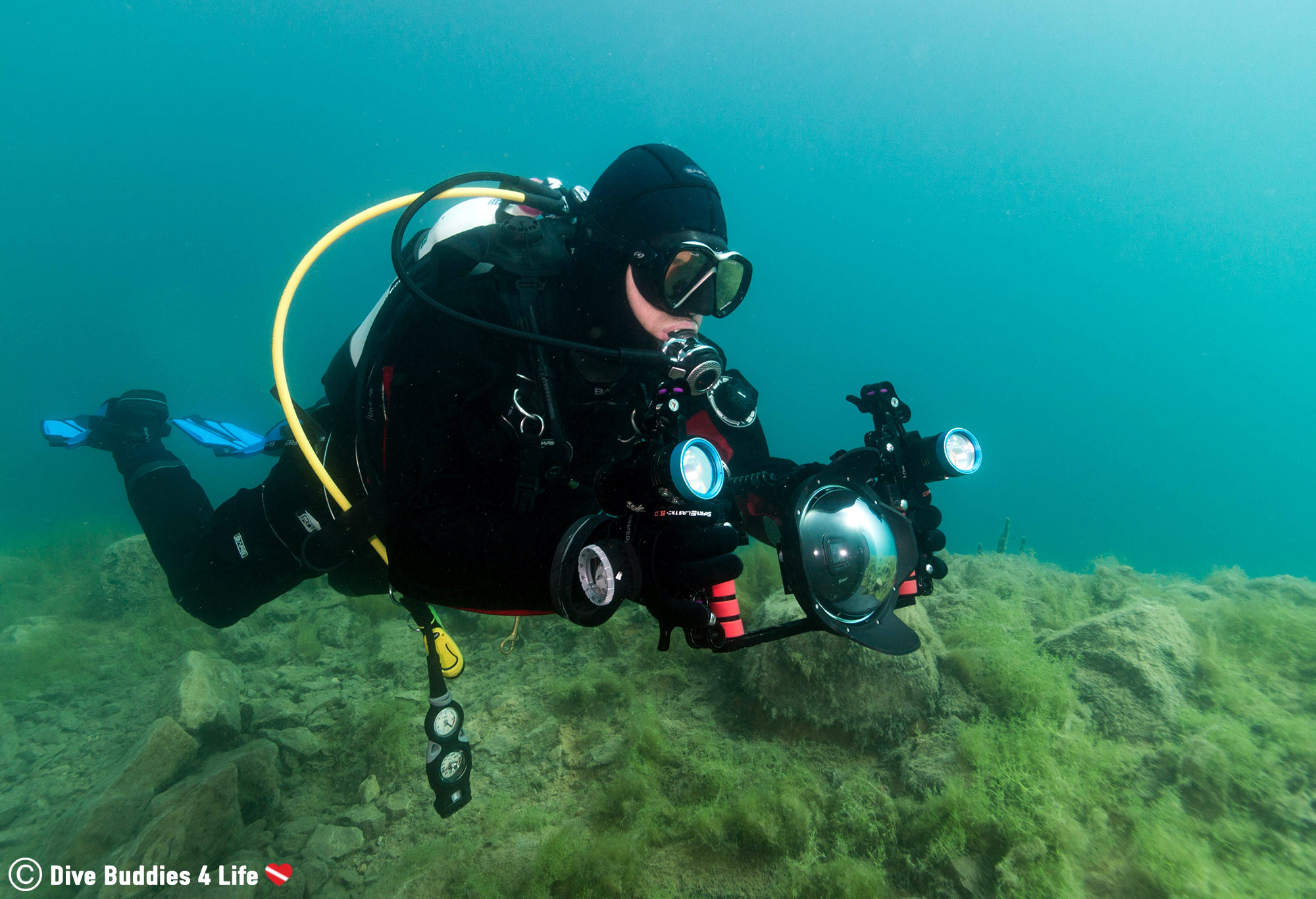
As humans, we are always in search of more time; more hours in a day, an extra five minutes. Scuba diving is no different.
Local diving allows divers to enjoy scuba diving beyond the mere vacation setting. It permits hobbyists to become acquainted with the scuba diving opportunities close to home. And this in turn results, not only in more frequent diving but also in an extended scuba season.
Who wouldn’t want to skip the bittersweet moments of packing away dive gear post-travel, and instead dive practically year-round?
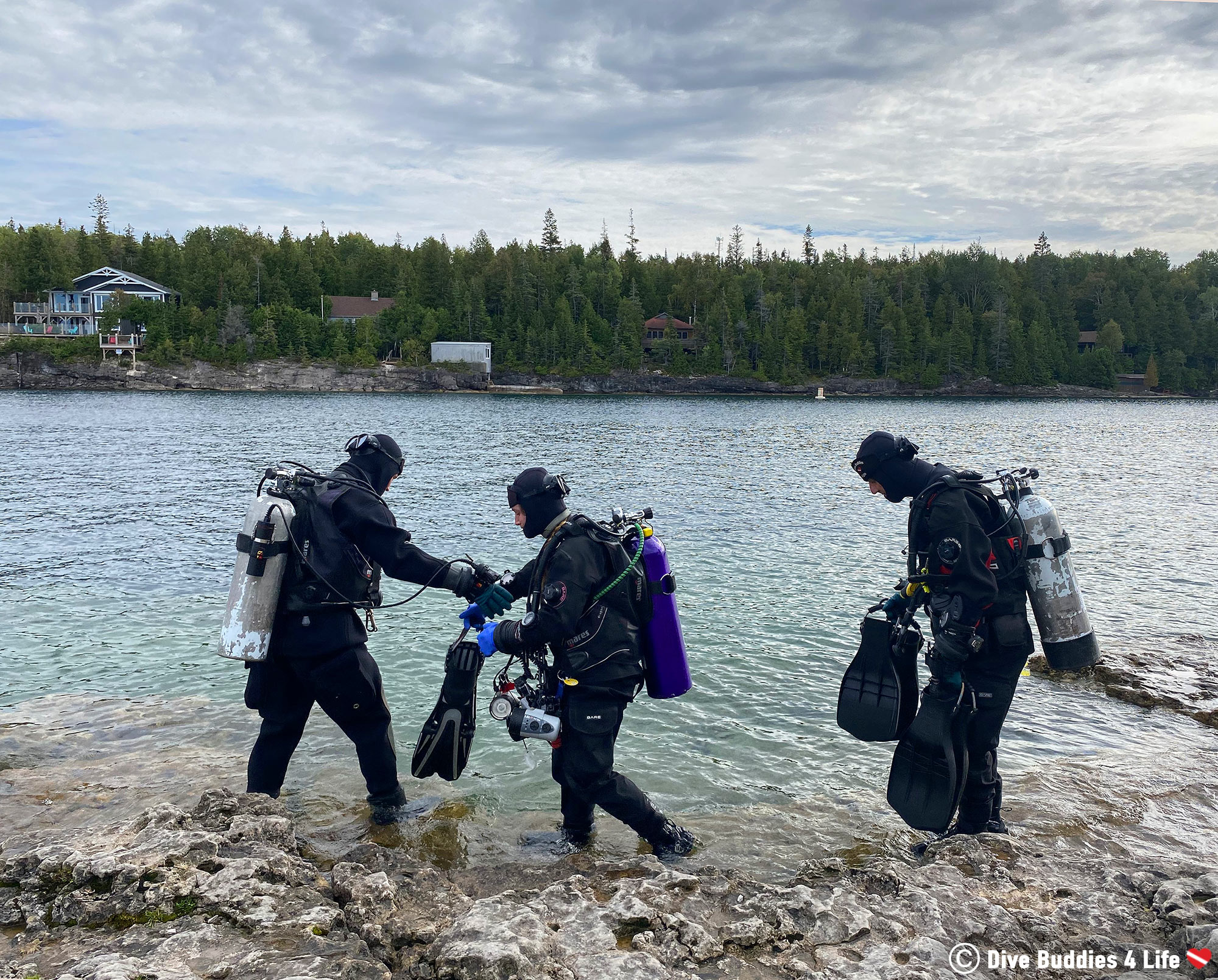
We all have our land-loving friends, but scuba diver friends are ones to be treasured.
Many of us, myself included, love to talk in great detail about their underwater feats. However non-scuba divers can often find many of our favorite topics to be somewhat lackluster. By becoming a local scuba diver, you are opening up your network of connections to dive shops, dive clubs and new communities making new and exciting friendships revolving around one of your favorite hobbies.
These newfound friendships can come with a bubbly social calendar that could involve after-work outings or even weekend dive excursions.
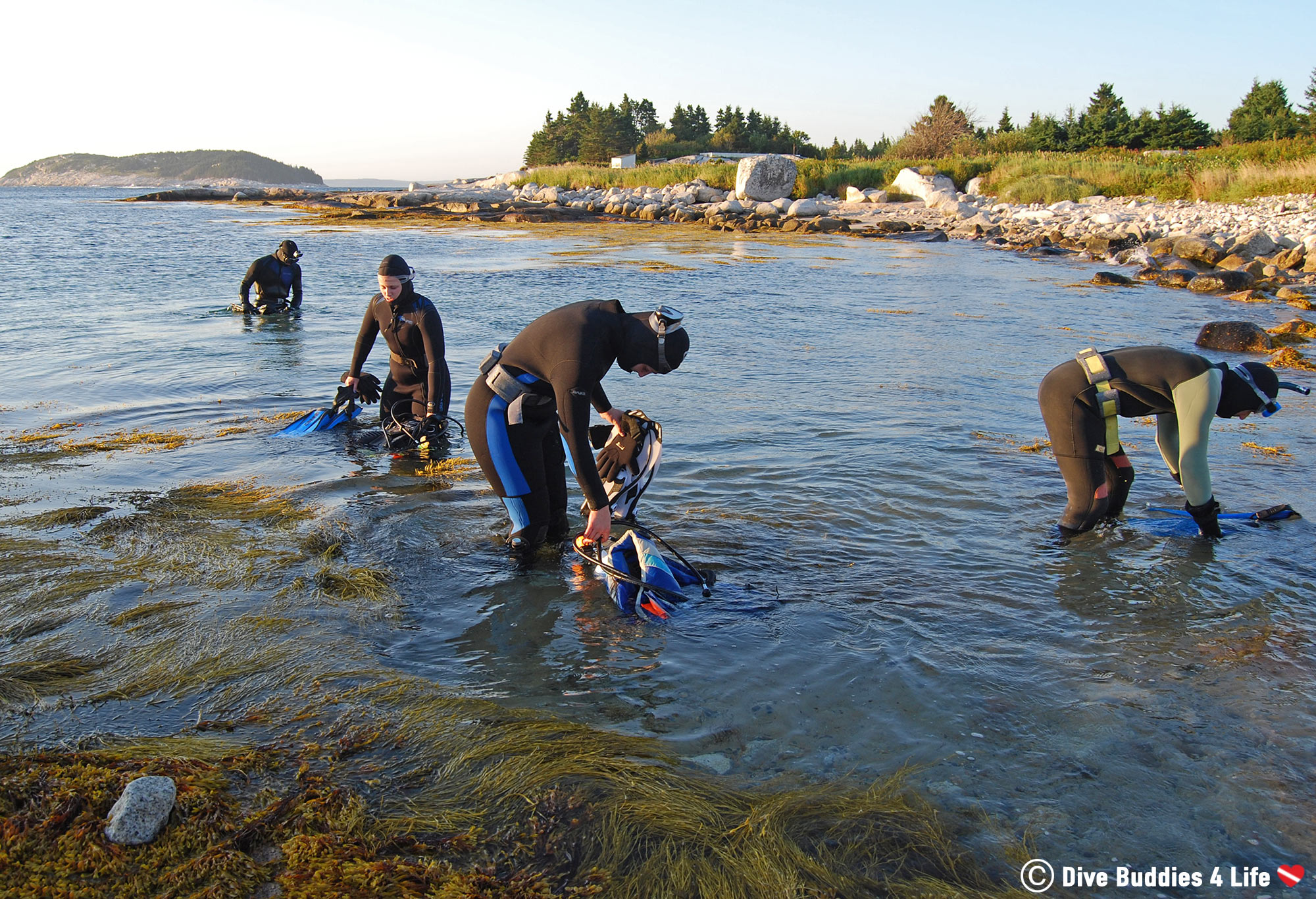
COVID has brought so much talk about supporting and contributing to the local economy, and dive shops and clubs are one such business.
Being a local scuba diver means that not only will you be getting your tanks filled and equipment serviced locally, but you most likely will also be diving with a local shop or club. In these hardened times, where every penny counts, being a client to these small businesses can go a long way in keeping them afloat and you may also find that through supporting local small businesses you’ll get recommendations catered to your skillset and overall better customer service.
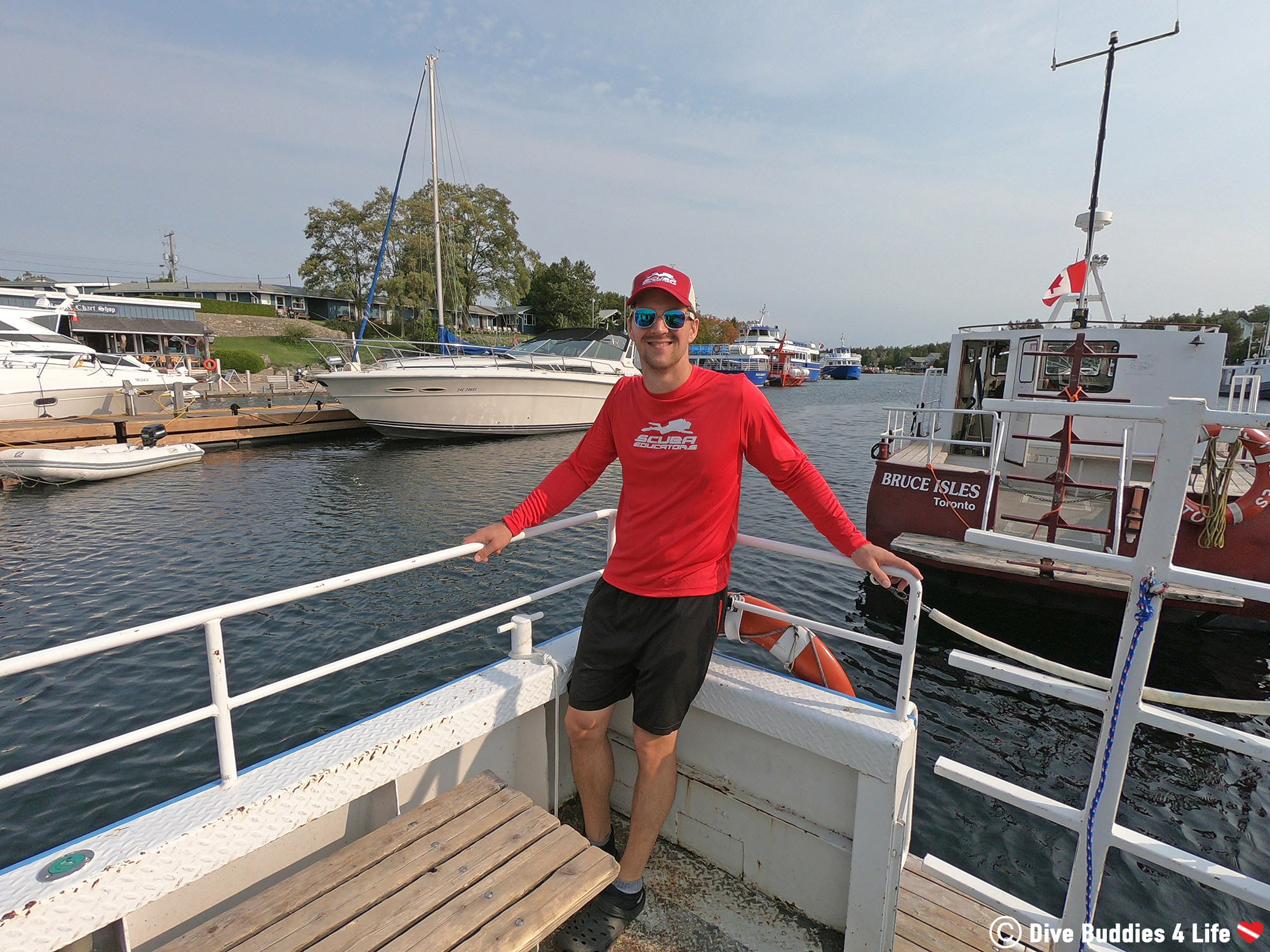
Keeping your dive plans local not only benefits you as a scuba diver but is also great for the environment.
Travel is one of the main causes of global warming and increasing pollution levels. By eliminating this factor and scuba diving locally you are ensuring sustainability in the diving industry by reducing your carbon and waste footprint.
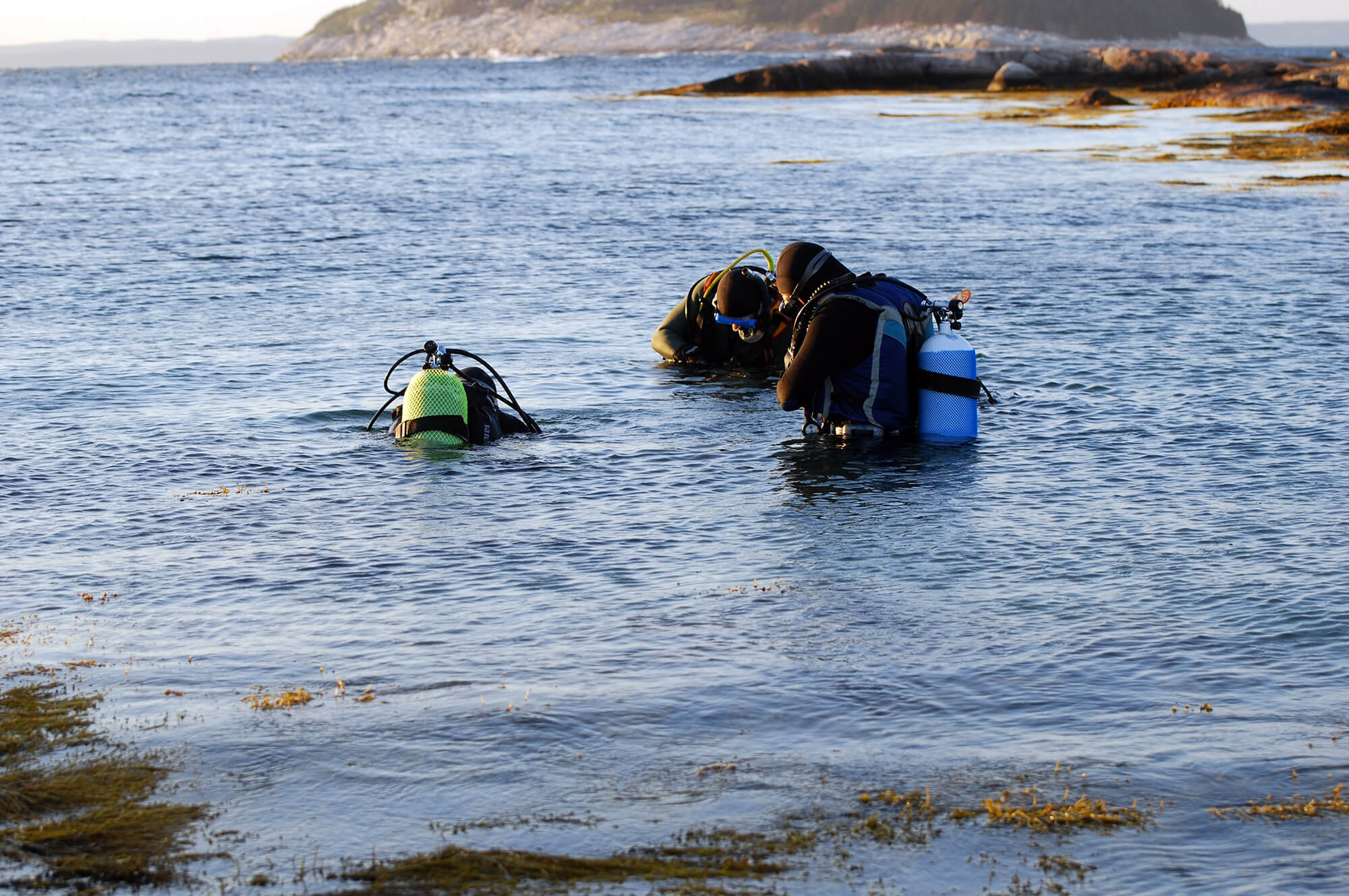
Sustainable Scuba: It’s not easy being green in a day and age where everything screams plastic and waste. For more tips and tricks on how to be a better, greener scuba diver check out our blog post – How to be an Eco-Friendly Scuba Diver.
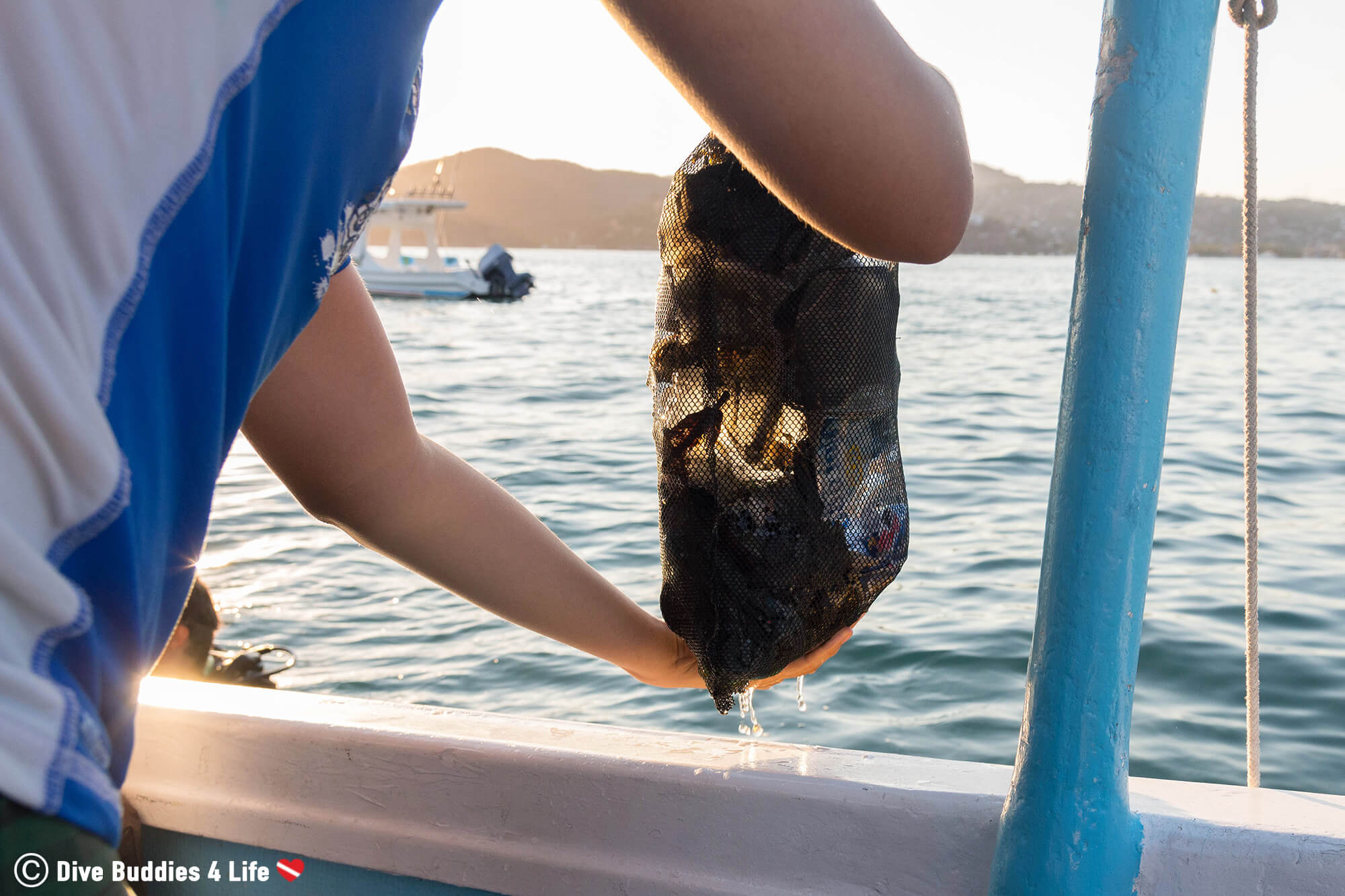
Stuck on land but dreaming of being in the water?
Local scuba diving is a wonderful way of getting your scuba diving fix while travel restrictions keep us all close to home. It has so many positive benefits but many are unsure of how or where to start.
There are plenty of ways to dip your fins into local diving. Some of the best places to start are to ask around your local area and find a club, shop, or buddy. The internet and social media can be a very useful resource in helping you search for dive providers and local groups near you. You might also consider furthering your knowledge and taking a course. Continuing your scuba education is a great way to meet new divers of similar skill level.
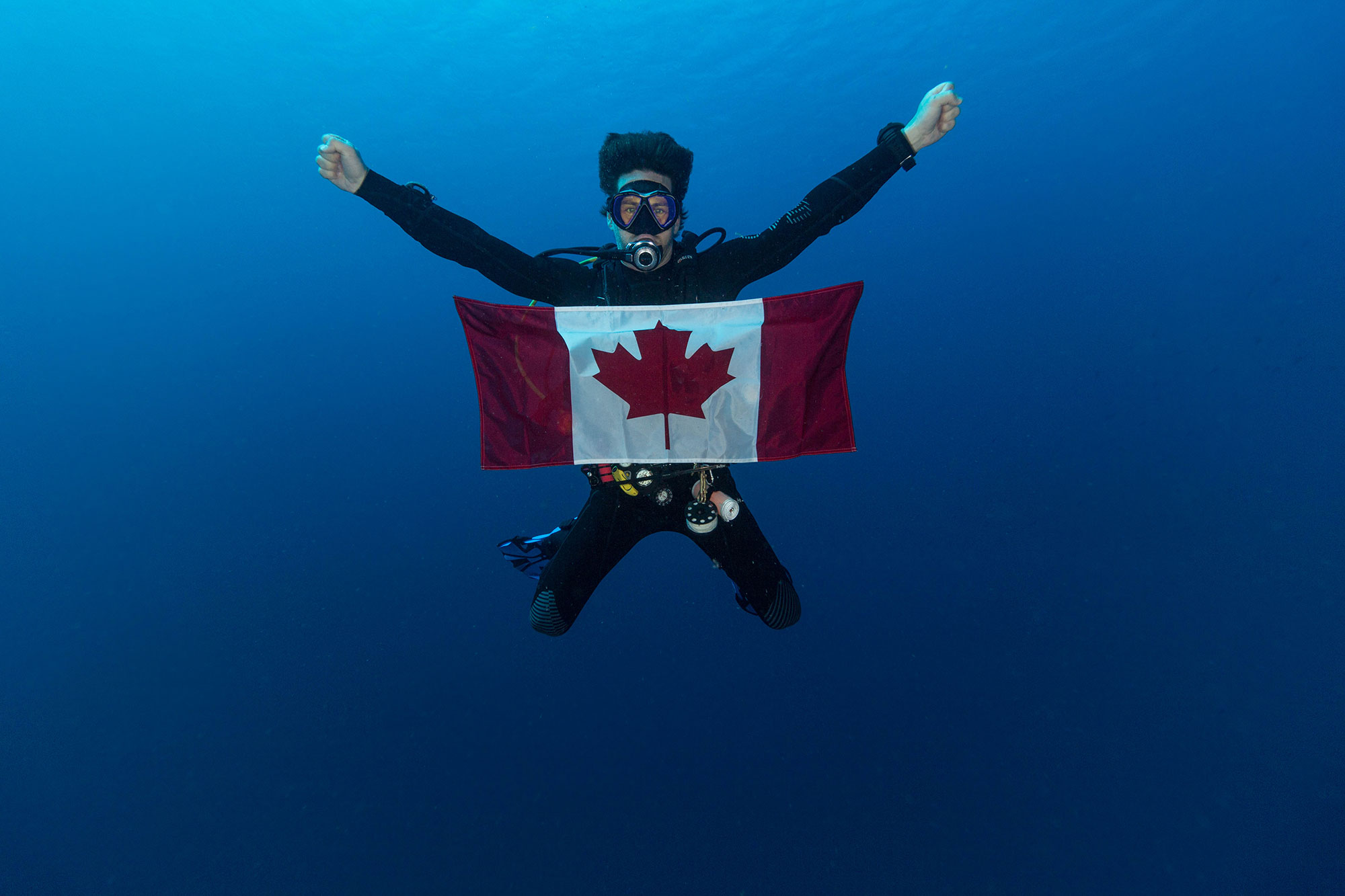
Diving at Home: Dive Buddies are big advocates for local scuba diving. Check out Canadian Splash, our latest initiative where we plan on scuba diving and photographing every province and territory in our home country showcasing the beauty, wonder and fragility hidden beneath the waterline.
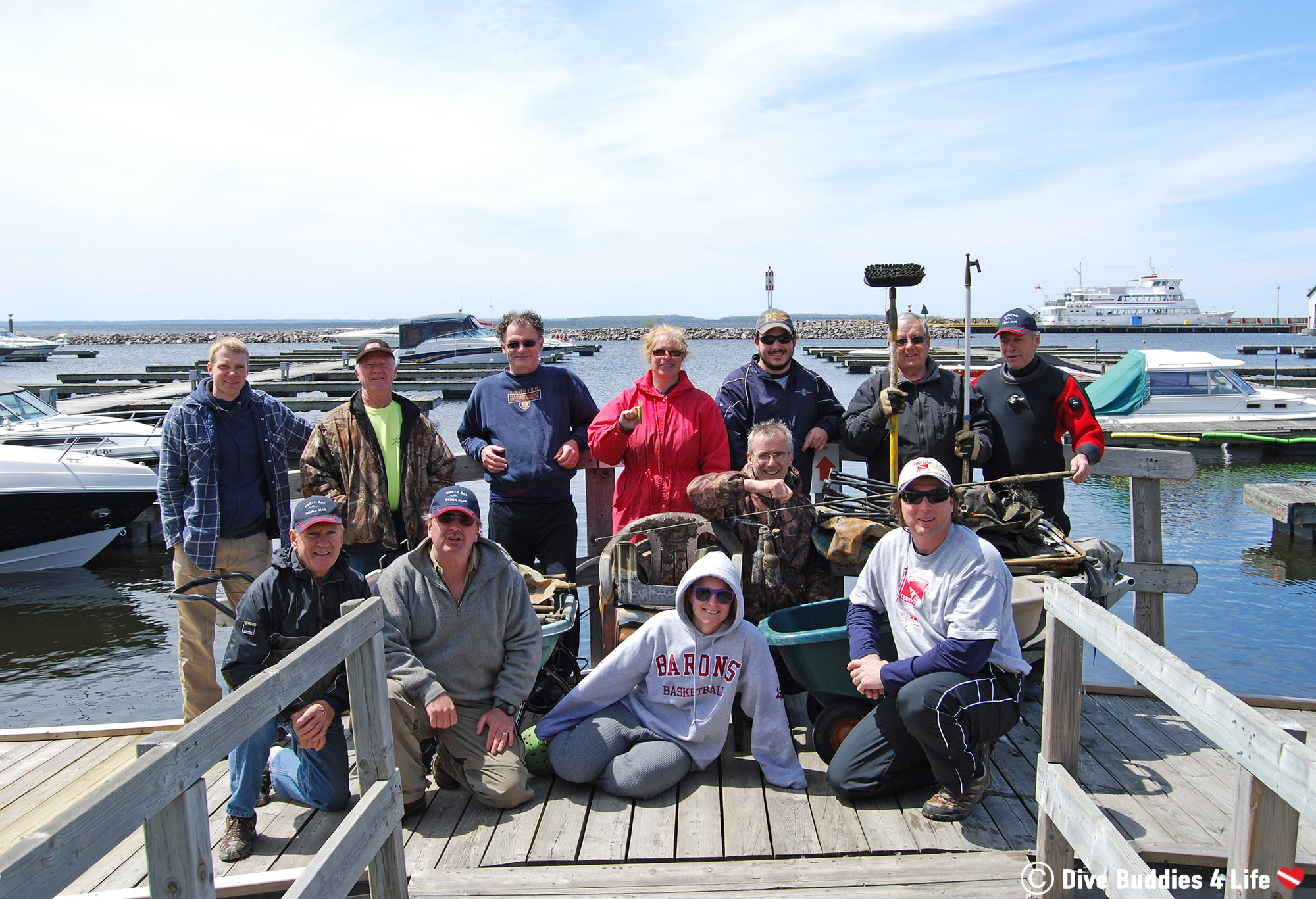
If you live far from the coast it’s easy to assume that scuba diving might not be accessible to you, but many would be surprised to find out that diving isn’t restricted to the ocean – there are many gems found inland.
Local clubs and shop owners can have a wealth of knowledge when it comes to local diving. Don’t be afraid to ask questions and pick their brain for information – after all more diving means more business for them. Books, magazines and guides are other useful tools in helping you find local dive sites. Some are super useful and will include pictures, diagrams and exact coordinates of specific spots. Flipping through one of them may be the push you need to try diving in your local area.
Where are YOU from and what kind of local diving do YOU do? What do you think about scuba diving at home?
Writers Note: This post may contain affiliate links. We will make a small commission if you make a purchase through one of these links, at no extra cost to you. See full disclosure and disclaimer policy here.

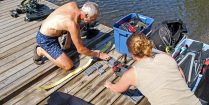
Dive equipment may be expensive, but new divers will find, there are many advantages to having your own set of scuba gear.

Whether sunk on purpose or as the result of a mishap, it’s a breathtaking experience to be able to visit a sunken wreck while scuba diving.
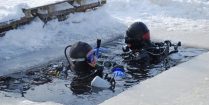
Whether you’re scuba diving in cold or warm water, in the sunny tropics, or the icy Arctic, being chilly on a dive is never fun.
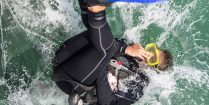
No matter what level of diver you are, scuba backroll entries are a fun-filled way to get off the dive boat and get into the water.

Everybody loves the idea of scuba diving, but the aspect of post dive cleanup is a much different story. It’s long, it’s tedious and it almost impossible to do it without getting wet - yet again.
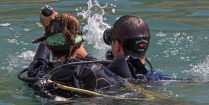
Becoming a PADI Rescue Diver is a great way to further your knowledge and give yourself the tools to stay safe on a dive.

Are you a pig on air? You are not alone. Find out how you can get more out of your scuba diving tank.

Sometimes a dive doesn’t go according to plan and when that happens, it’s important to be seen. Learn all about surface markers and why you should have one.
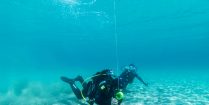
For some scuba diving is more than just a hobby - it’s a lifestyle. Here is everything you should know about getting your divemaster certification.
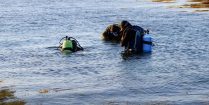
It's not easy being green in a day and age where everything is plastic and waste. Let sustainability lead the way as you explore the underwater world.
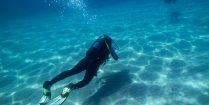
Thinking about sprouting gills and making the plunge into the underwater world? Find out if you're cut out to become an Open Water scuba diver.

Many scuba diving agencies that play a role in training divers. Here is a look at SEI, PADI, NAUI, and SSI, the top scuba agencies in the world.

It is interesting that this post shares that one of the benefits of scuba diving is that it encourages us to learn a new skill. I appreciate that this post assured us that by learning how to scuba dive, we will be able to learn a new skill that can improve our focus, concentration and encourage us to relax.